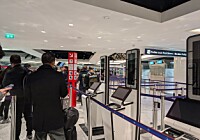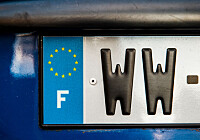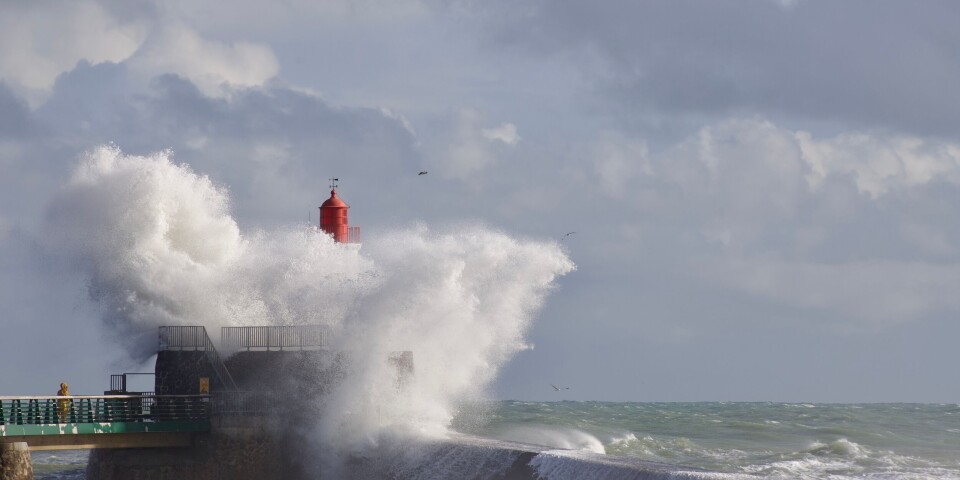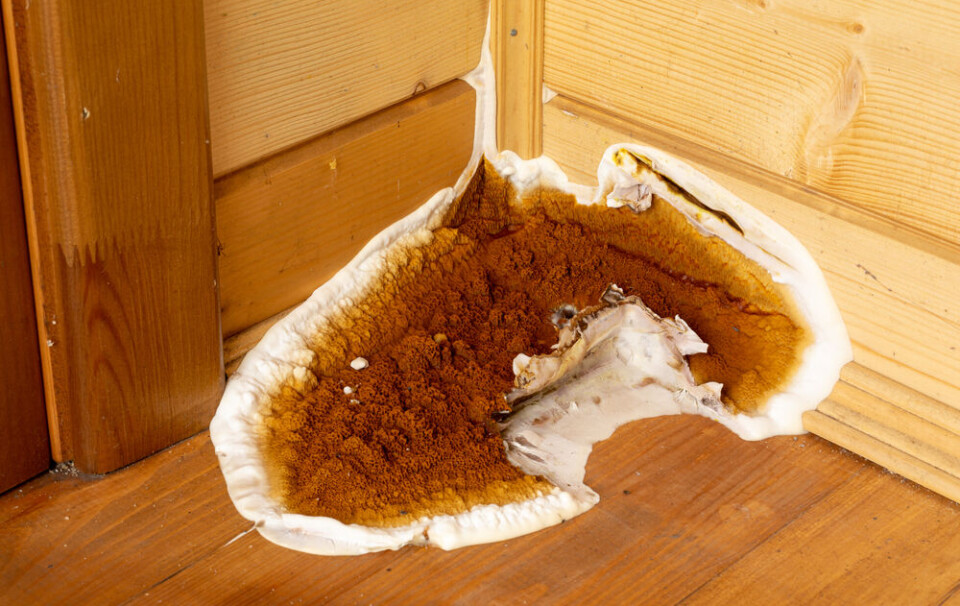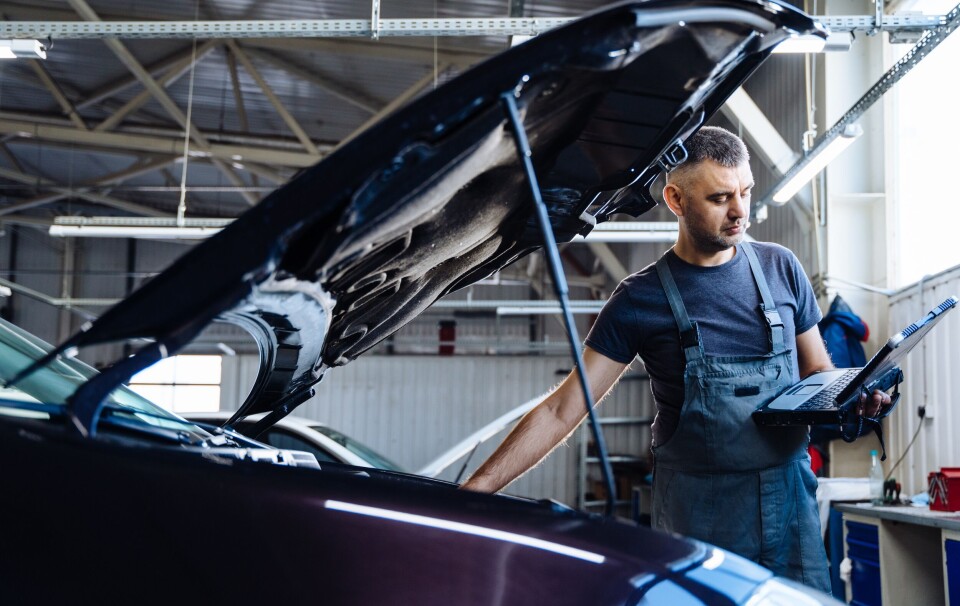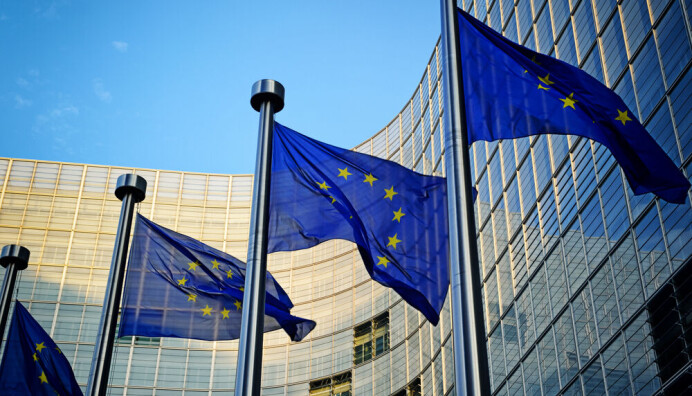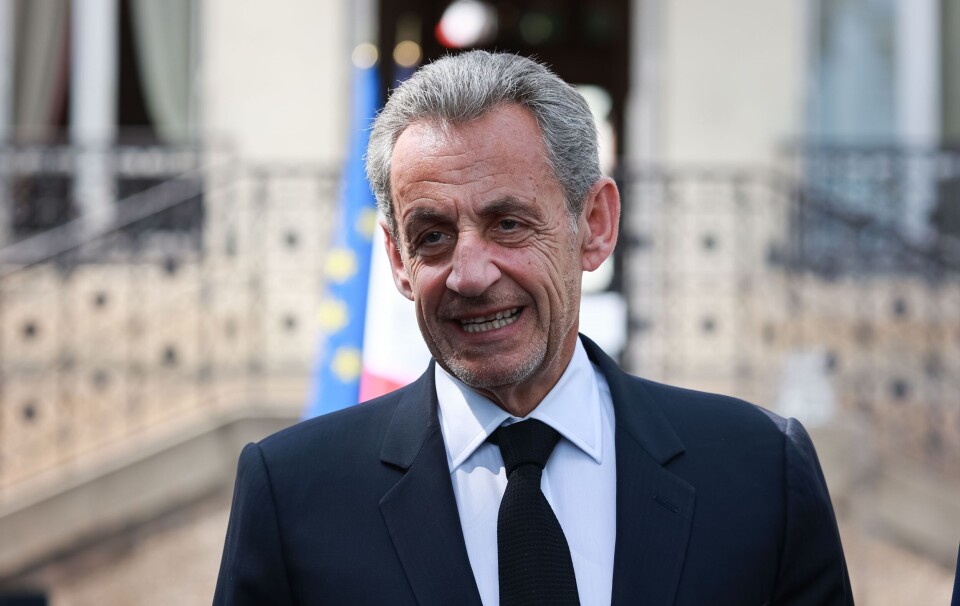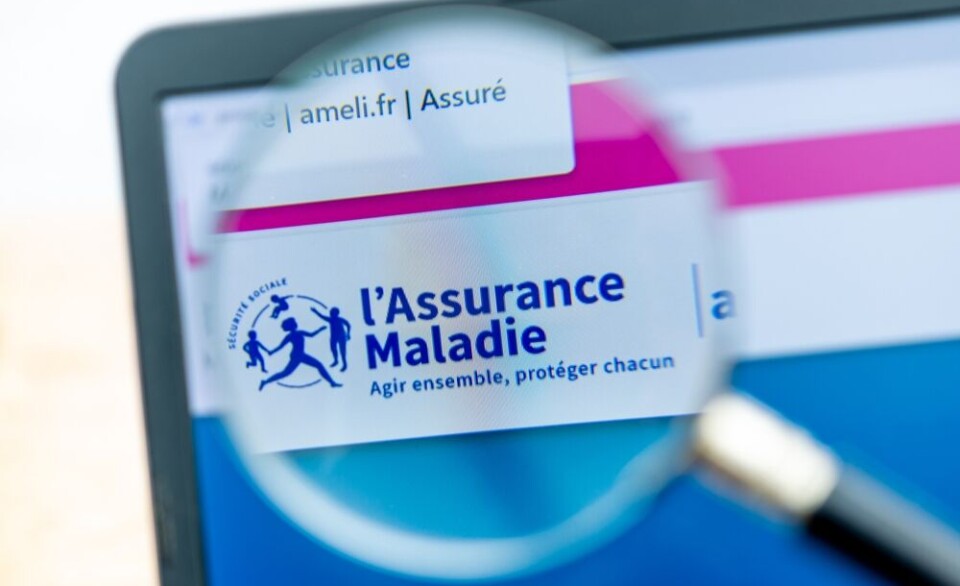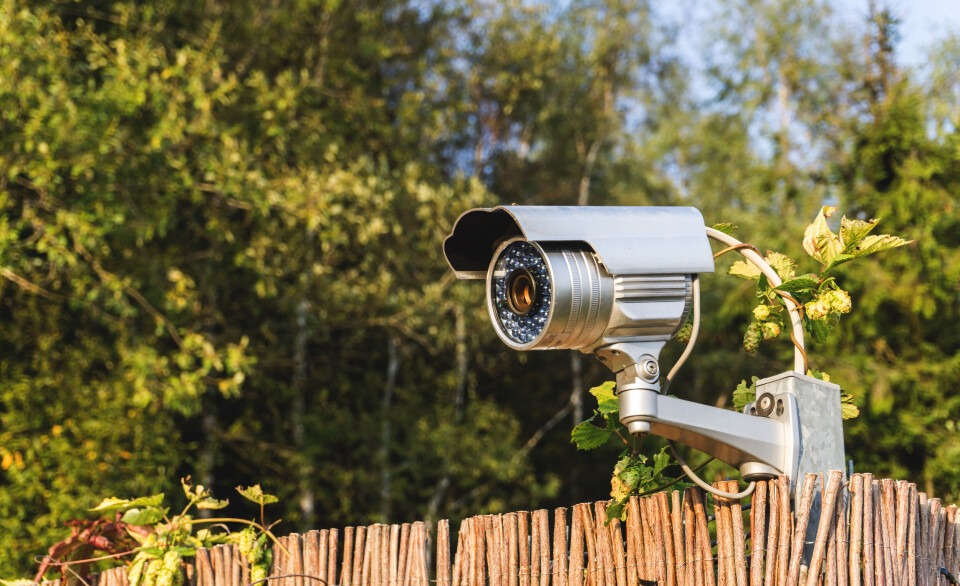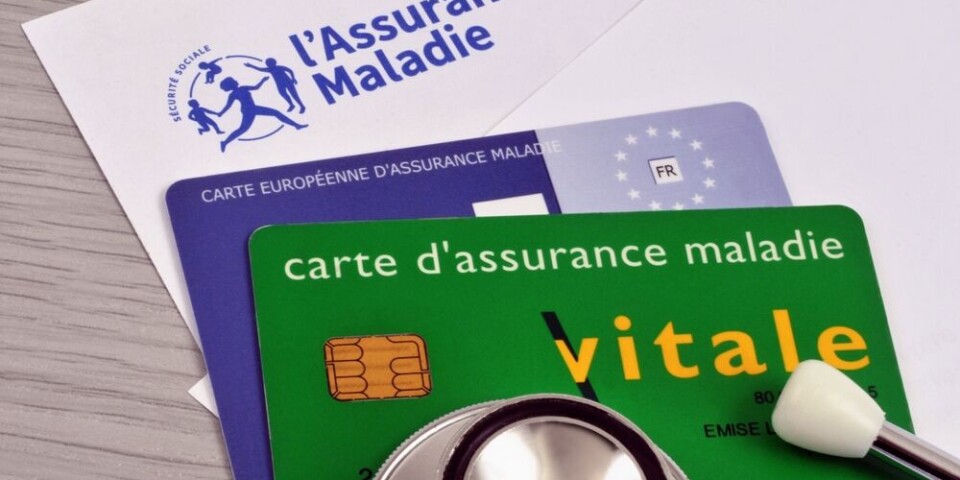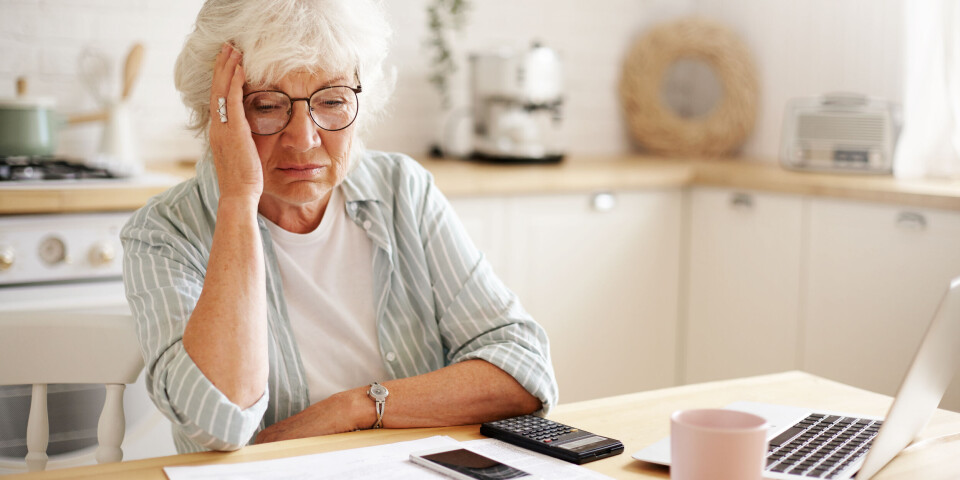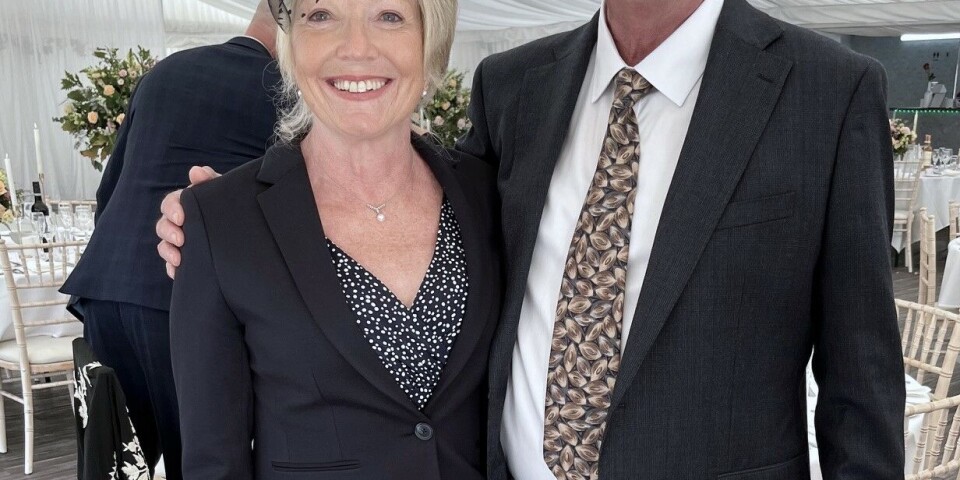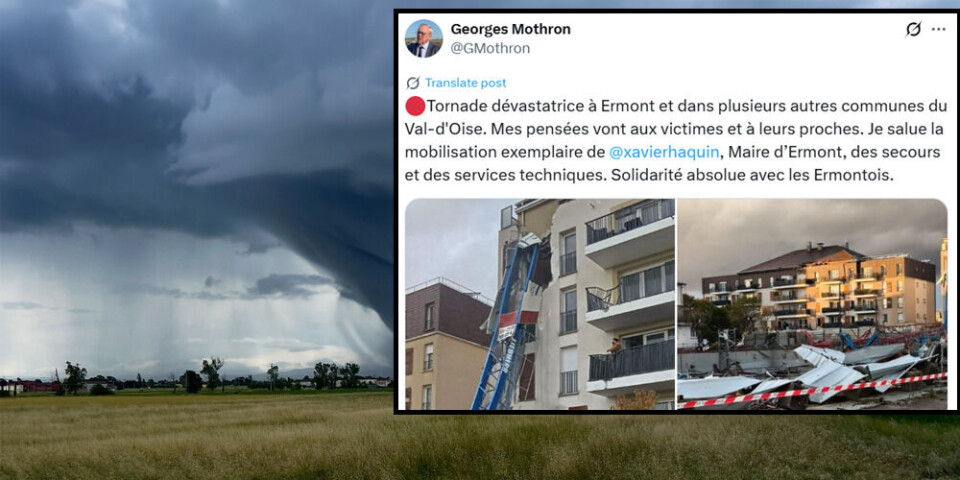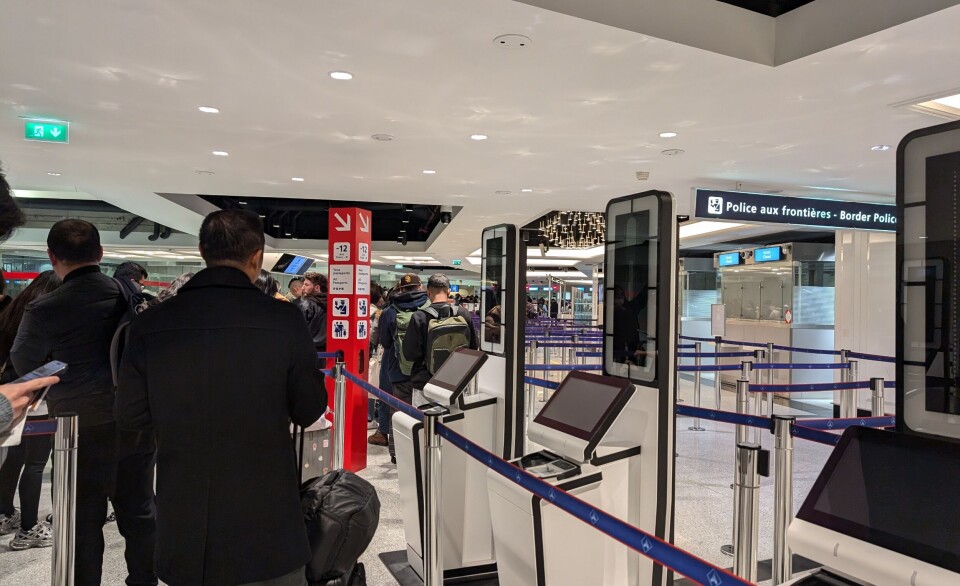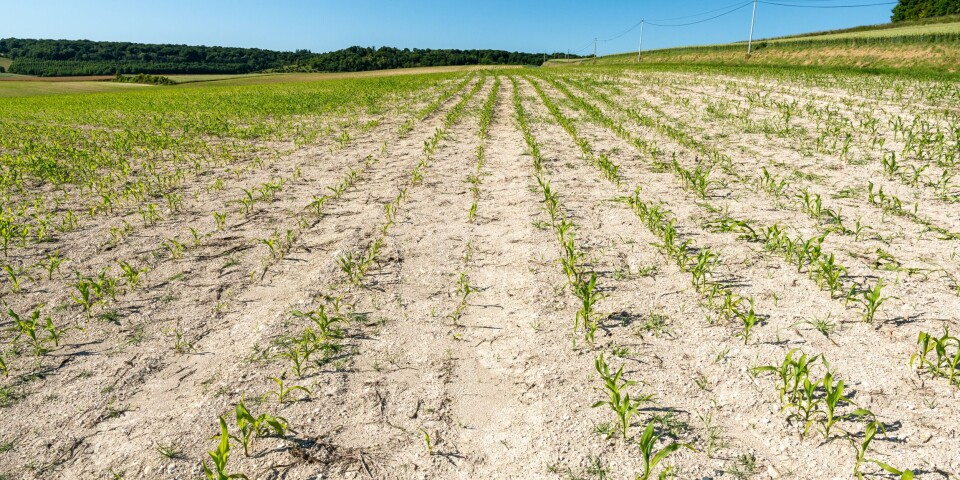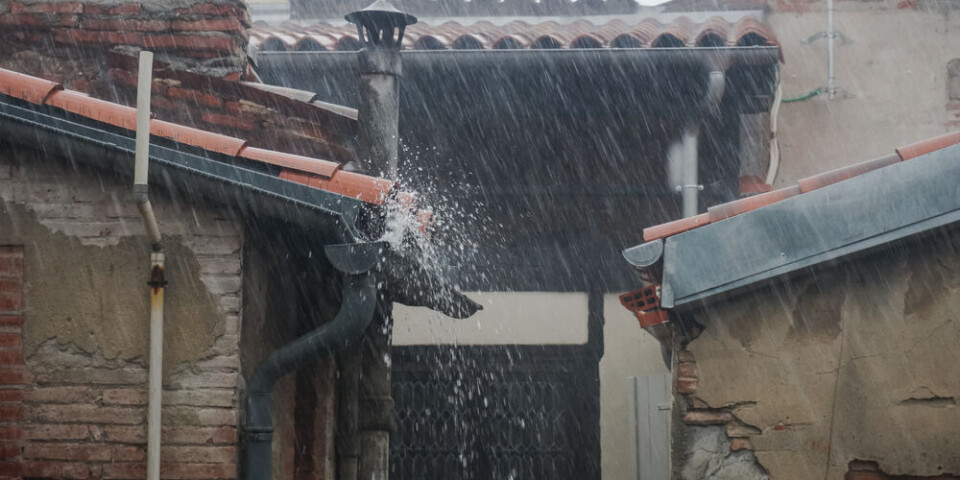Solar panels in France for €1 with grants: is this still possible?
Companies may offer panels at cheap prices, with grants and production buy-backs allegedly making up the difference
Solar panel installations are on the rise in France... but beware of potential scams
AlyoshinE / Shutterstock
Reader Question: I have been looking into installing solar panels at my home in France, and recently received an email about a scheme where I can purchase panels for €1, through a series of aids. This feels too good to be true, is it?
You are right to be cautious about any advertisement offering solar panels for €1 or any other ‘too good to be true’ price.
Companies promoting such offers can be scams, with energy providers TotalEnergies and EDF agreeing on the matter.
Usually, you will receive a text or email informing you of such an offer from a local installer, and not a major energy supplier.
The offer is to install the panels for free (or for a symbolic €1 cost), with local or national government schemes financing the majority of the costs, and the company making up the rest by purchasing excess electricity produced by the panels.
Whilst such programs do exist, only EDF can directly buy back excess electricity produced from your panels. Although some other energy providers do have similar deals in place they would not install panels for €1.
Buyers have also reported that the promised grants did not materialise making them responsible for more costs than envisaged.
Read more:
France solar panels: How do I connect them to grid and sell my energy?
How can I know if an offer is a scam?
Aside from the low price, you should also be aware of the requirements in place when quoting for such works.
All renovations and installations from professional tradespeople – including installation of renewable energy resources such as solar panels – require a quote (devis) which follows strict rules.
A devis is contractually binding, Once it has been signed the prices included cannot be increased or decreased by the tradesperson or property owner.
You should ensure that any installer of your solar panels uses an official devis. Note you can obtain multiple quotes from different installers to compare prices, before signing one.
Some of the things a devis must include are:
Date the estimate was written
Name and address of the company
Customer name
Address where the activity will take place (usually the property)
Exact nature of the repairs to be made
Detailed breakdown, in quantity and price, of each service and products necessary for the planned operation, including description, unit price and description of what it applies to (labour hours, linear metre or square metre surface area, etc) and the planned quantity of work
Hourly labour rate including tax
Estimated time counting procedures
If there are any travel expenses
Aggregate amount payable both before and after any taxes for example VAT
Duration of validity of the offer
Quote information: free or paid
Cost of the quote when it is paid
Full information can be found on the service public website, in both English and French.
Scammers are unlikely to provide a contractually binding devis and, during or after installing the ‘€1’ panels, may come up with reasons to request more payment from the property owners.
The installed panels may also not be regulated, and the ‘grants’ that are offered may not exist.
Fraudsters can be extremely aggressive once documents have been signed, threatening legal action if you do not go through with the installation.
Read more: ‘We feel duped by French solar panel firm’ - 12 signs to look out for
There are aids available to install panels
There are, however, a number of legitimate financial aids to help with installation of solar panels.
Along with the ability to sell surplus electricity to EDF, you can benefit from installation grants, VAT reductions, and one-off installation bonuses.
We recently reviewed the aid available in an article, below:
Read more: What aid is available to install home solar panels in France in 2024?


